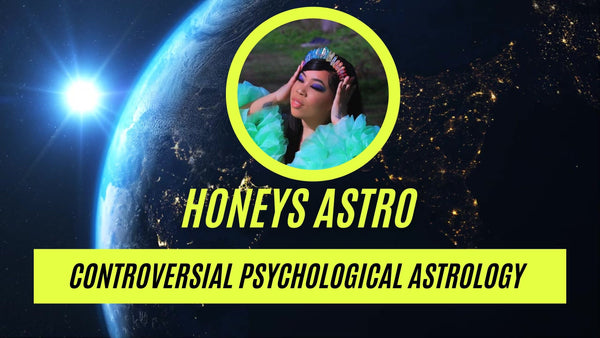- Cluster 'A' Personality Type
- Cluster 'C' Personality Type
Cluster B personality types are one of the three clusters of personality disorders defined by the Diagnostic and Statistical Manual of Mental Disorders (DSM-5), used by mental health professionals. Cluster B is known as the dramatic, emotional, and erratic group. These disorders are often marked by intense emotions, interpersonal conflict, impulsivity, and unstable self-image or behavior.
There are four personality disorders in Cluster B:
-
Borderline Personality Disorder (BPD)
Characterized by emotional instability, fear of abandonment, intense and unstable relationships, impulsive behaviour, and a distorted sense of self. People with BPD may alternate between idealizing and devaluing others, struggle with self-harm or suicidal thoughts, and feel things very intensely. -
Narcissistic Personality Disorder (NPD)
Involves an inflated sense of self-importance, need for excessive admiration, lack of empathy, and a tendency to exploit others. Despite the apparent confidence, there's often a fragile self-esteem underneath. Relationships can feel one-sided or manipulative. -
Histrionic Personality Disorder (HPD)
Marked by a strong need for attention, dramatic or theatrical behavior, and shallow, rapidly changing emotions. People with HPD often seek approval and may use their appearance or flirtation to gain attention, though the emotions behind the performance may not be deeply felt. -
Antisocial Personality Disorder (ASPD)
Involves a disregard for the rights of others, deceitfulness, impulsivity, and often a lack of remorse. This disorder is more commonly associated with criminal behavior and manipulation, though not everyone with ASPD is violent or criminal.
Important Notes:
-
Cluster B disorders are often misunderstood or stigmatised due to their dramatic nature and emotional intensity.
-
These are clinical diagnoses that require a mental health professional’s evaluation—not labels to be casually applied.
-
Many people with Cluster B traits have experienced trauma, especially in early relationships or childhood.
-
With therapy (especially modalities like DBT for BPD), individuals with Cluster B disorders can lead fulfilling and stable lives.
Understanding these disorders through a lens of compassion, not judgment, is key. They're not character flaws—they're psychological conditions shaped by complex emotional and relational histories.





